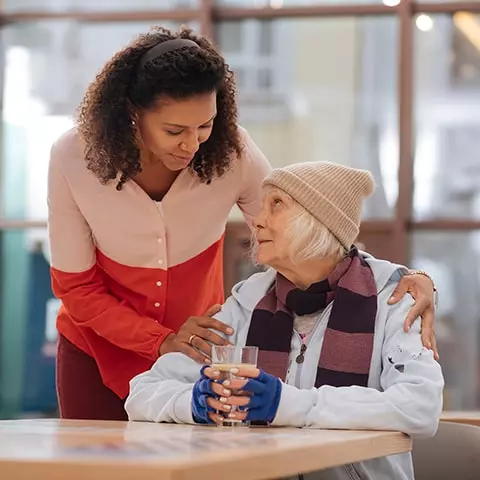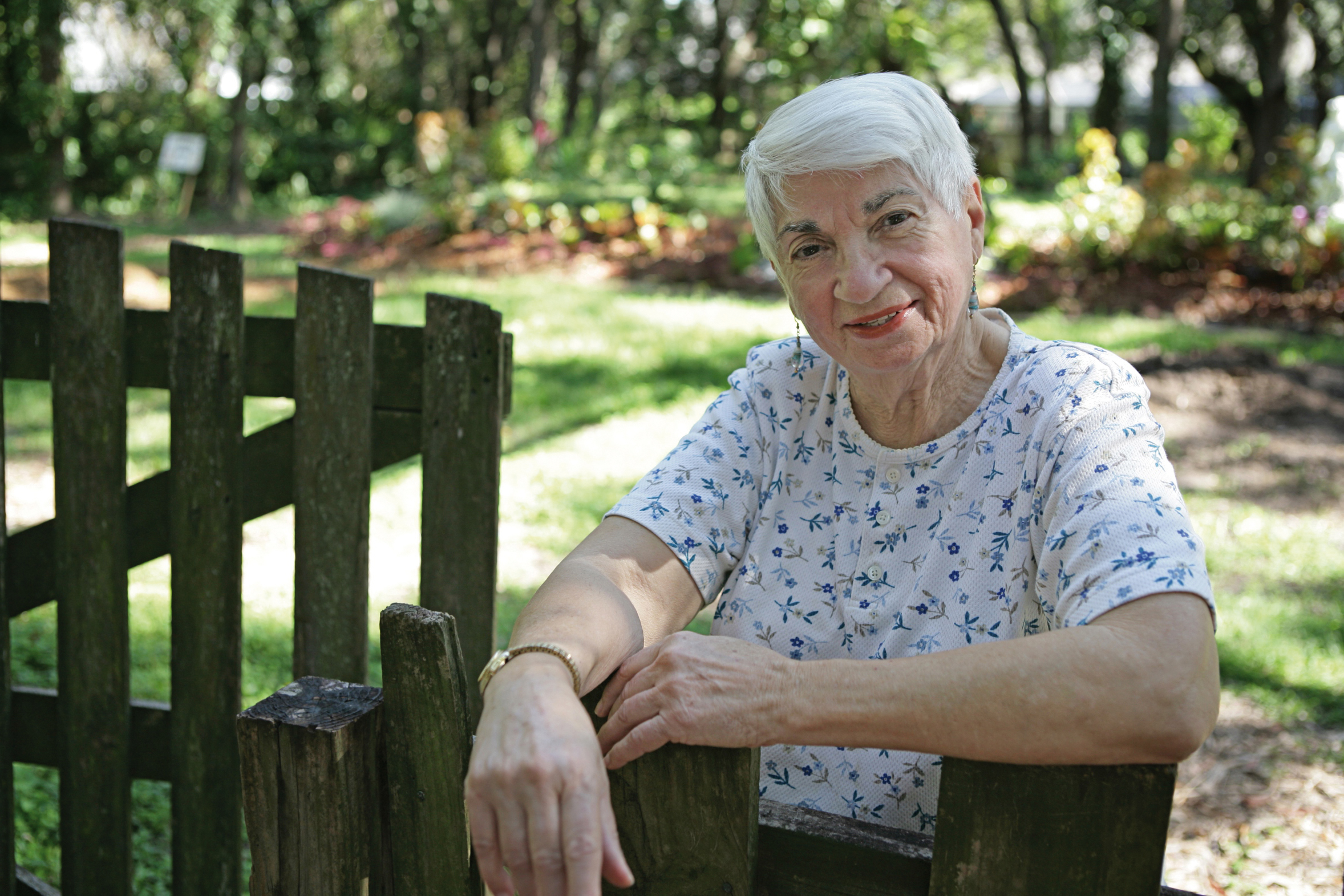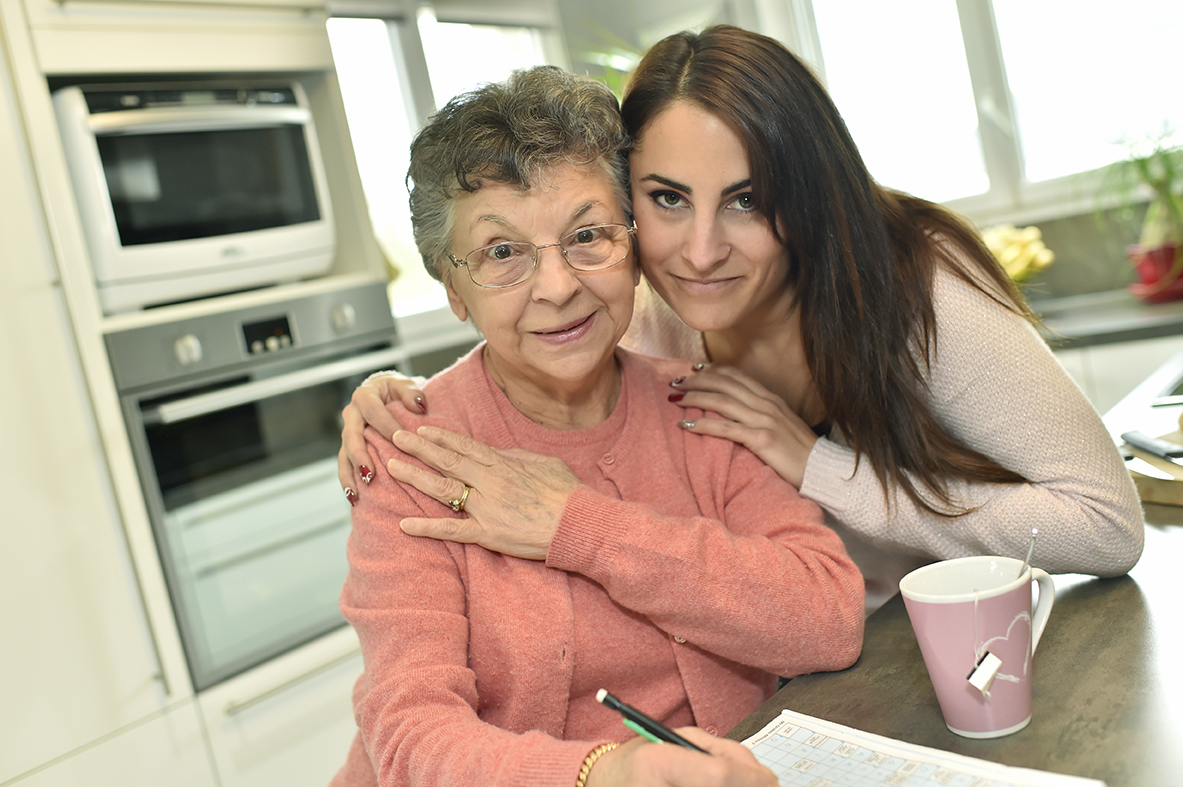
Basal cell carcinoma, the most prevalent form of skin cancer, predominantly affects older adults. This slow-growing cancer typically appears on sun-exposed areas of the skin, such as the face, neck, and ears, but it can manifest elsewhere as well. Understanding the characteristics, risk factors, and preventive measures for basal cell carcinoma is essential for maintaining skin health as we age.
Basal cell carcinoma (BCC) is a prevalent form of skin cancer that originates in the basal cells of the skin's epidermis. While it typically grows slowly and rarely spreads to other parts of the body, early detection and treatment are essential to prevent disfigurement and complications. This article provides an overview of the basics of basal cell carcinoma, including signs and symptoms, risk factors, prevention, and treatment options.
Signs and symptoms:
Find YOUR ideal care home NOW!
Basal cell carcinoma can manifest in various ways, including non-healing sores, red patches, shiny bumps, and scar-like areas on the skin. These signs may be accompanied by itching, pain, or bleeding. Recognizing these symptoms and seeking prompt medical attention is crucial for timely diagnosis and treatment.
Risk factors:
Factors such as prolonged sun exposure, fair skin, advanced age, and a history of prior skin cancer increase the risk of developing basal cell carcinoma. Understanding these risk factors can help individuals take proactive steps to protect their skin and minimize their risk of developing this type of skin cancer.
Prevention and treatment:
Preventing basal cell carcinoma primarily involves sun protection measures, including the regular application of sunscreen, wearing protective clothing, and performing regular skin checks. Early intervention is key if basal cell carcinoma is diagnosed, with various treatment options available, including surgery, radiation therapy, and topical medications.
Risk Factors for Basal Cell Carcinoma (BCC)
| Risk Factor | Description | Impact |
|---|---|---|
| Prolonged Sun Exposure | Frequent exposure to UV radiation | Damages skin cells, increasing cancer risk |
| Fair Skin | Less melanin to protect against UV damage | Higher likelihood of skin cancer |
| Advanced Age | Skin accumulates sun damage over time | Higher risk in older adults |
| History of Skin Cancer | Previous cases of skin cancer | Increased likelihood of recurrence |
| Weakened Immune System | Immunosuppressive conditions or medications | Reduces ability to repair damaged skin cells |
While basal cell carcinoma is typically less aggressive than other forms of skin cancer, it is essential to remain vigilant about skin health and take preventive measures to minimize the risk of developing this condition. By practicing sun-safe behaviors and seeking medical attention for any suspicious changes or growths on the skin, individuals can protect themselves against the potential consequences of basal cell carcinoma and maintain the health of their skin.
FAQ:
1. What is basal cell carcinoma (BCC)?
Basal cell carcinoma is a common type of skin cancer that originates in the basal cells of the epidermis, often due to UV exposure.
2. What are the early signs of basal cell carcinoma?
Early signs include non-healing sores, shiny bumps, red patches, scar-like areas, and occasional itching or bleeding.
3. Who is at risk for developing BCC?
Individuals with prolonged sun exposure, fair skin, a history of skin cancer, advanced age, or a weakened immune system are at higher risk.
4. Can basal cell carcinoma spread to other parts of the body?
BCC typically grows slowly and rarely spreads (metastasizes), but if left untreated, it can cause disfigurement and deeper tissue damage.
5. How is basal cell carcinoma diagnosed?
A dermatologist performs a skin examination and may take a biopsy to confirm the diagnosis.
6. What are the treatment options for BCC?
Treatment options include surgical removal (Mohs surgery, excision), topical medications, laser therapy, cryotherapy, and radiation therapy.
7. How can basal cell carcinoma be prevented?
Preventive measures include using sunscreen daily, wearing protective clothing, and avoiding excessive sun exposure.
Need help finding a care home?
Senior Home Plus offers free personalized guidance to help you find a care facility that suits your health needs, budget, and preferred location in the UK.
Call us at 0203 608 0055 to get expert assistance today.
Do you need a care home for yourself or your loved one?
Search for Care Homes by Region
| East Midlands | Eastern | Isle of Man |
| London | North East | North West |
| Northern Ireland | Scotland | South East |
| South West | Wales | West Midlands |
| Yorkshire and the Humber |
Share this article :
Latest posts
You are looking for an establishment for your loved one ?
Get availability & prices
Fill in this form and receive
all the essential information
We would like to inform you of the existence of the opposition list for telephone canvassing.








.jpg)

